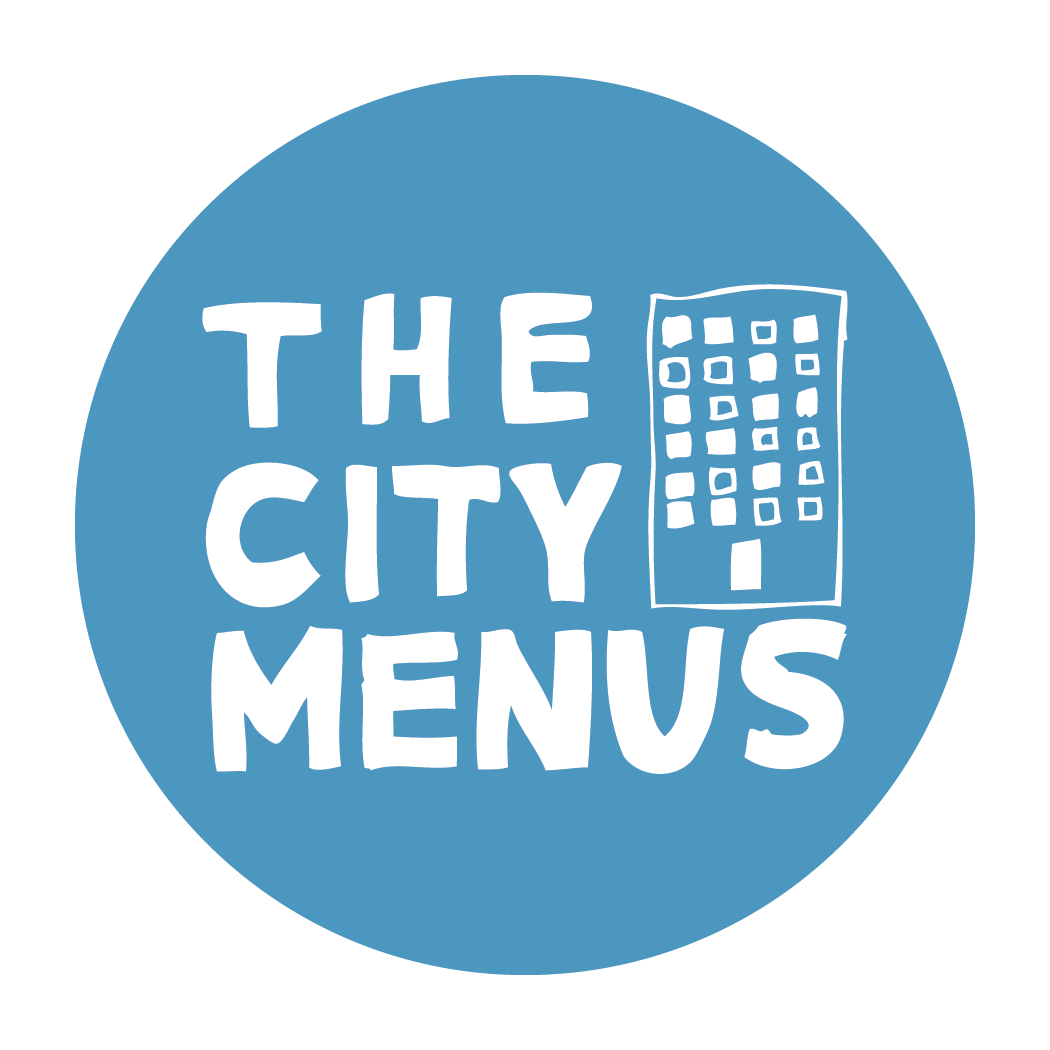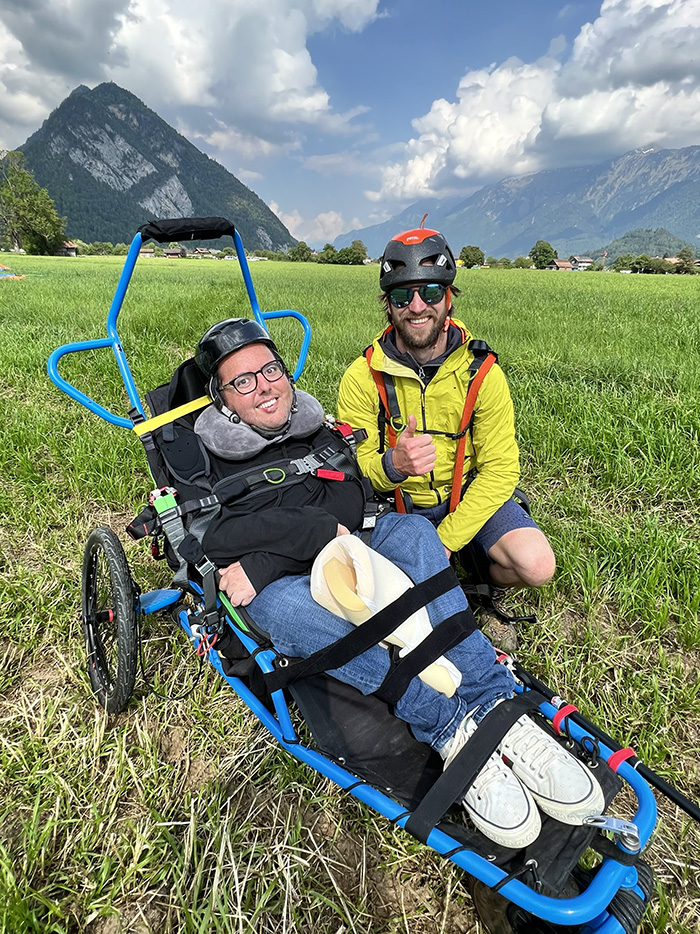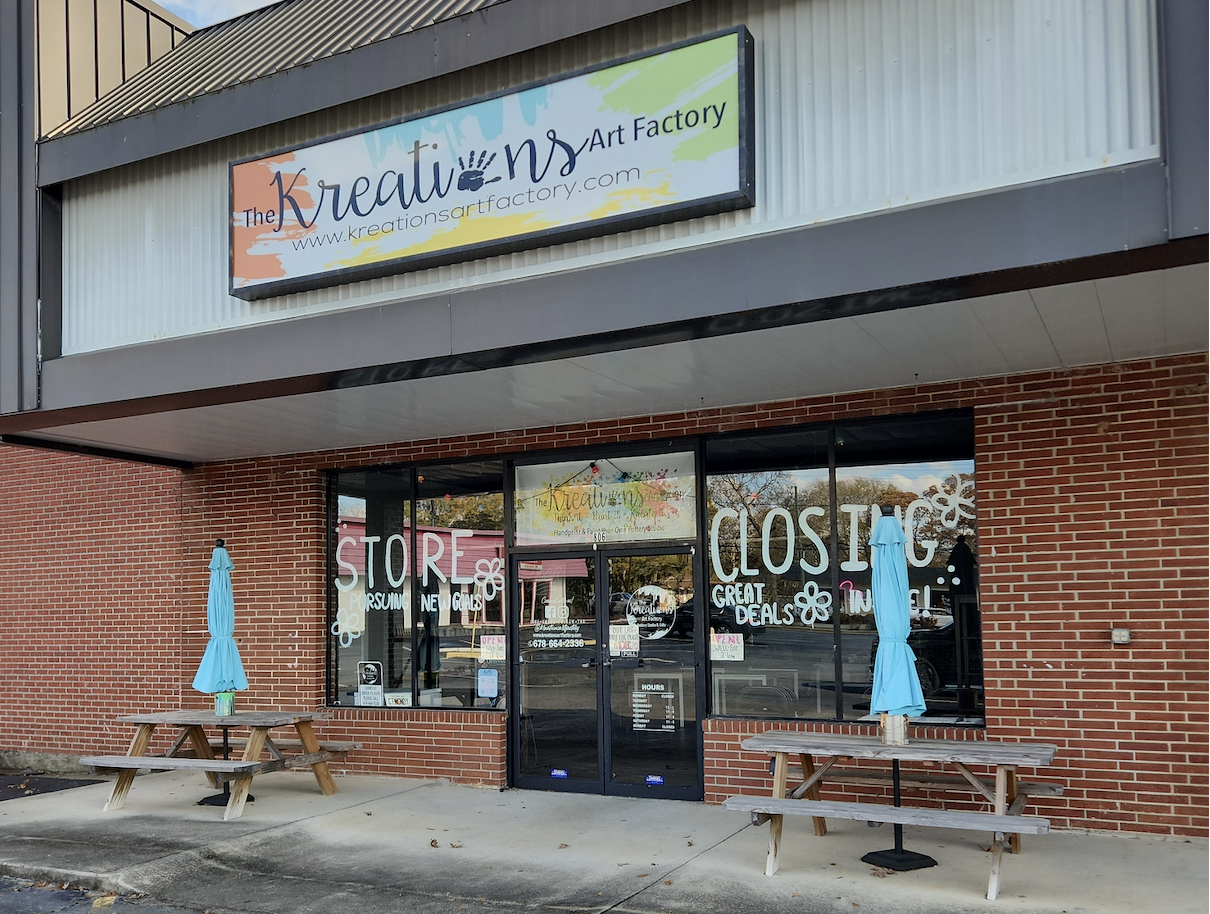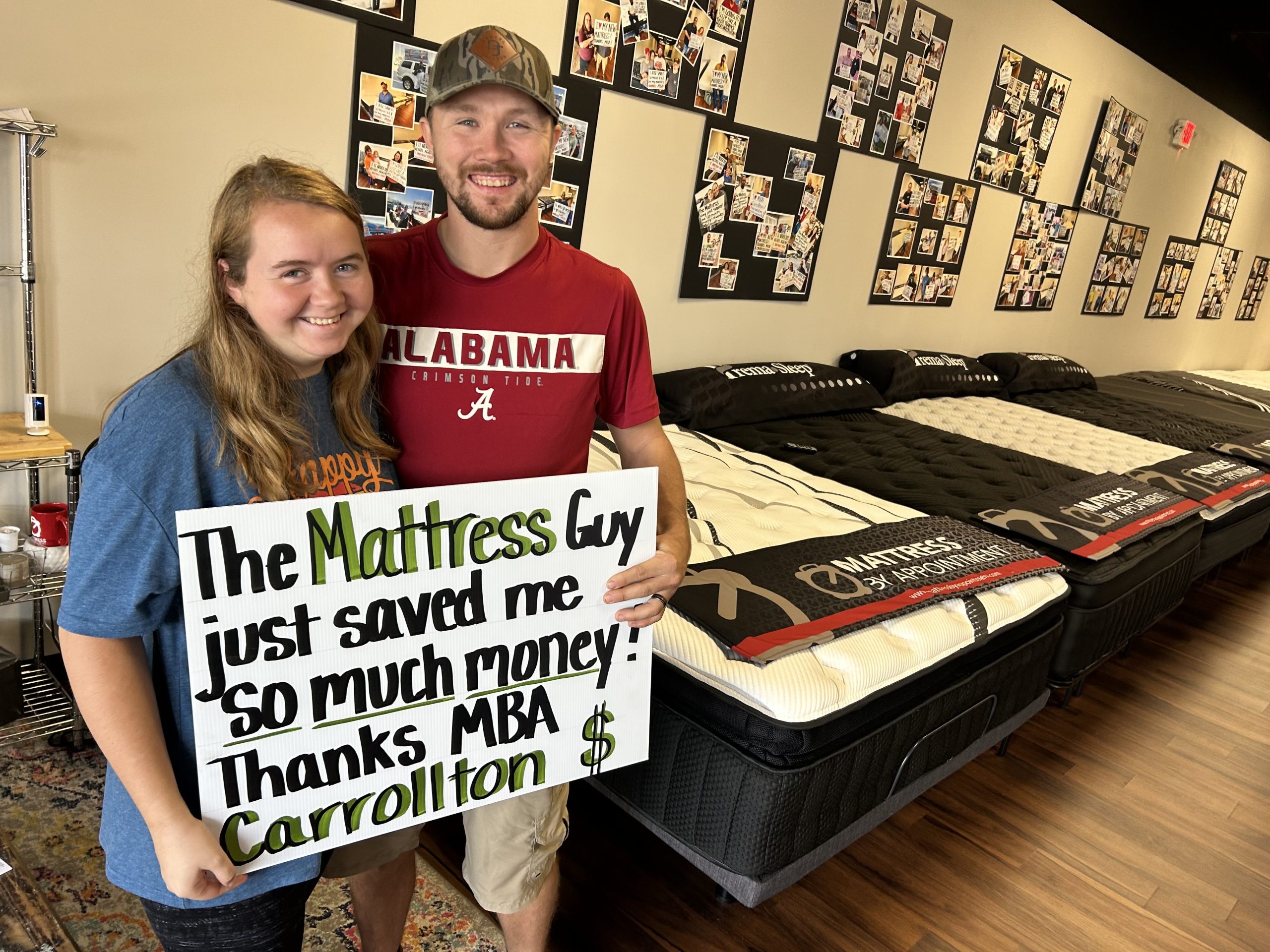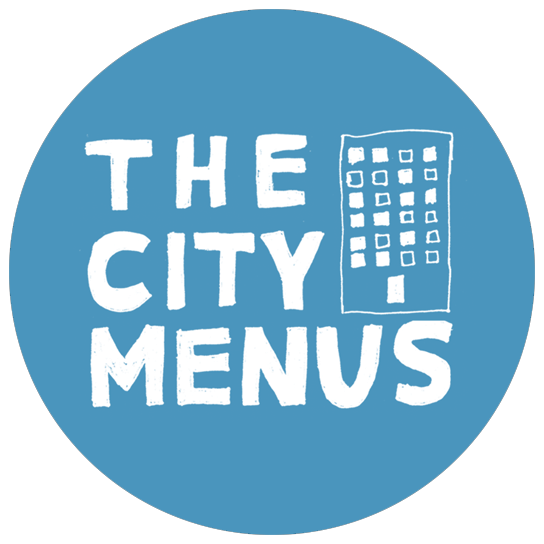Thirty-five years after the passage of the Americans with Disabilities Act opened doors across the nation, one University of West Georgia alumnus is opening even more – airport gates, hotel entrances and scenic byways – for travelers with disabilities. Through his popular, award-winning website, Cory Lee Woodard ’14 maps not only routes, but freedom: helping others navigate the world with confidence and curiosity.
At Curb Free with Cory Lee, Woodard, who’s lived with spinal muscular atrophy since his diagnosis at age 2, shares the world from a wheelchair user’s perspective. The blogger and his first powered wheelchair took their maiden voyage to Walt Disney World two years later. But it wasn’t until he earned his bachelor’s degree that he discovered there was a need for disabled voices in the travel industry.
“I went to a job interview at an advertising firm in Pennsylvania, and as soon as I entered the hiring manager’s office, he looked me up and down and explained that as the job required traveling, I was ‘definitely not the right fit,’” Woodard recalled. “This was shortly after I began planning for a college graduation trip to Australia and quickly realized there wasn’t a lot of accessible travel information available. The convergence of those two events happening within a short period of time motivated me to launch the blog to let other people with disabilities know that traveling is possible.”
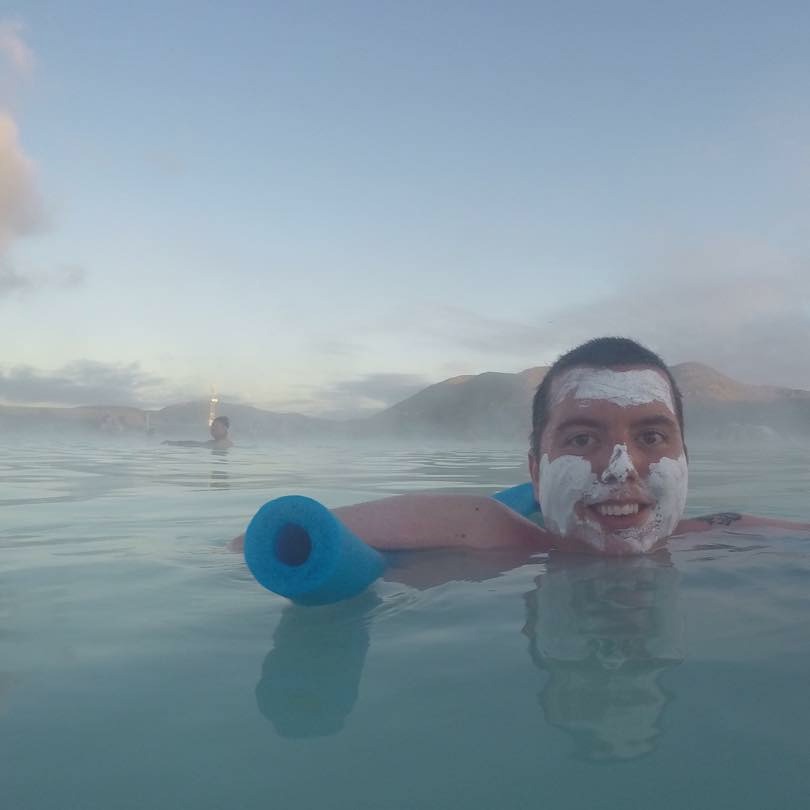
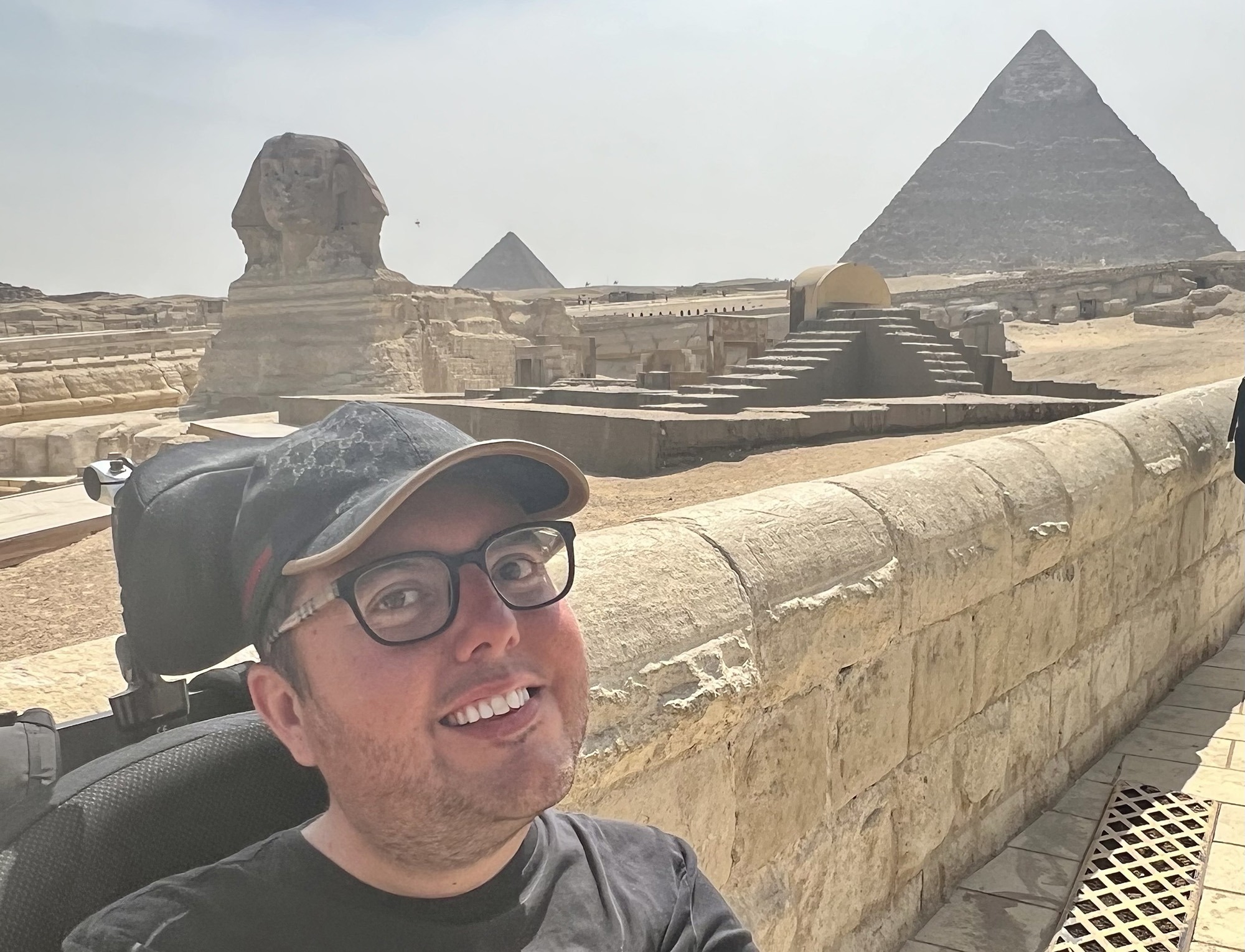
A Richards College of Business grad, Woodard said UWG allowed him to live independently while being close to home. And although he didn’t know specifics at the time, it was also preparing him for a career that would impact millions.
“The Richards College of Business influenced what I’m doing today, which is essentially marketing and advertising myself,” Woodard said. “So those fundamental lessons learned in classes definitely helped me out.”
Last July, the Centers for Disease Control and Prevention revealed that more than 70 million adults in the United States reported having a disability in 2022. That same year, the Bureau of Transportation Statistics revealed that an estimated 18.6 million people reported travel-limiting disabilities.
In addition, a recent report from MMGY Global stated travelers with mobility challenges spend $58.2 billion per year on travel.
However, there are obstacles, the MMGY study found, with lodging and transportation accessibility as the most significant. In a survey of more than 2,700 respondents, nearly all (96%) reported problems with accommodations, while 86% experienced difficulties with flights and 79% with local transportation.
Woodard has been to 52 countries on all continents.
“The number one thing I’d like to see improved is air travel,” said Woodard, who last summer participated in a prototype test with Delta that would allow wheelchair users to stay in their chairs during flights. “It holds so many people back, but if airplanes can be more accessible, wheelchairs could be damaged less. That would really motivate people with disabilities to go and see the world. I’d also love to see more companies include us in their marketing initiatives. Whenever a company or a destination does, I immediately notice and support them.”
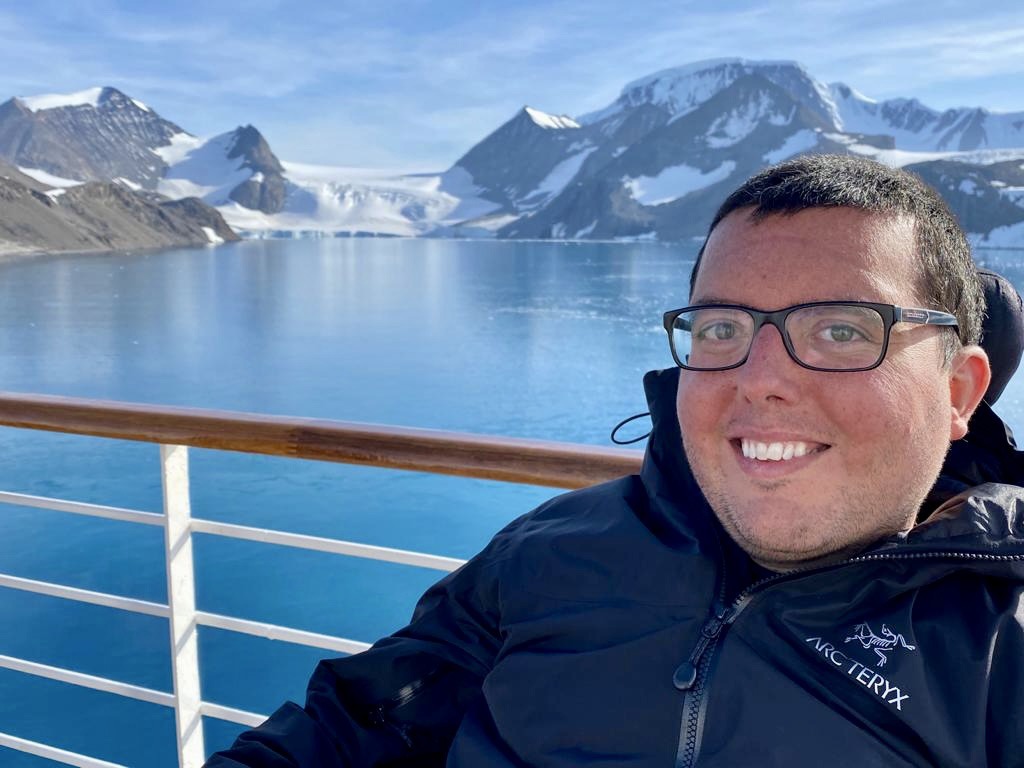

On Super Bowl Sunday this past February, Woodard helped do just that when he was featured on a Google Workspace commercial. The ad – which aired in Georgia and the Chattanooga, Tennessee, markets – was part of the tech giant’s “50 States, 50 Stories” project. Curb Free was chosen to represent the Peach State, with Woodard explaining how the Gemini AI system facilitates his travel writing and publishing.
“That was one of the most exciting things I’ve ever done,” Woodard said. “It felt completely surreal when Google reached out to me. There were auditions, then a long casting process before filming in December. It was incredible to see myself on the screen during the big game. I was crying happy tears.”
As Woodard expands Curb Free’s footprint, he continues to raise awareness by showing where he’s been, where he’s helped people go, and where we, in a globally connected world, need to be.
“I hope this has led to a greater focus on accessibility within the travel industry. There are so many destinations and companies who often say I’m the first wheelchair user they’ve collaborated with. Through that experience, I hope people are learning how important it is and just how many people with disabilities are traveling and how much we want to travel.”
